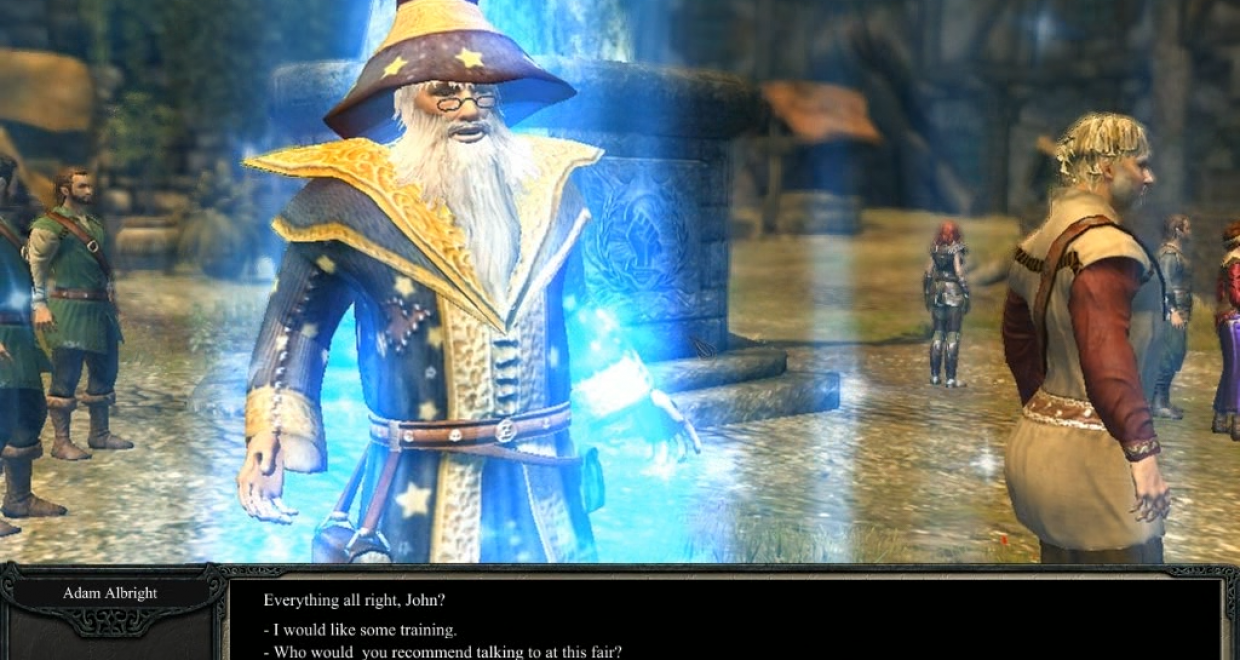Digital games for language learning
ReCALL special issue Editors Steven L. Thorne, Frederik Cornillie and Piet Desmet explore the use and value of digital games for language learning.
Extending back to the earliest days of computing and the advent of public access to the internet, and over the past decade in particular, there has been an ever steepening trajectory of interest in play environments that take the form of online digital games. Catalyzed by advances in hardware and networking technologies, the maturation of digital games has been accompanied by an exponential growth in the number and diversity of players, has spawned complex and heterogeneous online communities and cultural practices, and increasingly, the use of gaming features and mechanics have been leveraged for educational purposes in what has been termed the serious games movement. In part because some genres of digital games are language intensive, applied linguists and language educators have begun exploring the use of commercial off-the-shelf digital game genres (primarily multiplayer games) for the purpose of learning or teaching a second or foreign language (L2), broadly referred to as digital game-based language learning (DGBLL).
This special issue was designed to advance knowledge in the area of DGBLL, with particular attention to two issues: (1) the recent emergence of digital gaming as a substantive and diverse context for intercultural expression; (2) the pedagogical shift that most current games illustrate, from models of learning based on information presentation and toward theories of human development that emphasize engaged problem solving, collaboration, and social interaction. Each contribution to this special issue focuses on various of these themes, introduces empirical data and analyses, and in some cases proposes innovative theoretical frameworks novel to CALL and SLA, all of which push forward our understanding of game-enabled processes and phenomena that obtain relevance to the project of designed settings for language development.
This special issue features six empirical studies that push forward our understanding of game-enabled processes and communicative phenomena that relate to the project of designed settings for language development. In the first contribution to this ReCALL special issue, Cornillie, Clarebout, and Desmet emphasize the need to consider participants’ perceptions in games designed for language learning purposes, with particular attention to language-focused corrective feedback. The authors present evidence from a mixed-method study which shows that learners have generally favourable perceptions of corrective feedback as a design element in an immersive role playing game. The next article, by Thorne, Fischer, and Lu, provides detailed linguistic complexity analyses of the English language version of the commercial massively multiplayer online game (MMOG) World of Warcraft (WoW) and its attendant online discourse communities and strategy/informational websites. Their research illustrates that the complex semiotic ecology of this popular game constitutes a linguistically and cognitively rich environment for language learners. The following paper, by Sylvén and Sundqvist, presents evidence that recreational gaming by young EFL learners is positively related to their L2 proficiency levels. They note the need for additional research in order to explore whether game playing itself, rather than other factors, might explain this relationship.
The final three contributions explore, and critically analyze, discourse-based and action oriented participation in L2 MMOG settings. Rama, Black, van Es, and Warschauer contrast the experiences of an expert gamer but beginning learner of L2 Spanish with those of an advanced Spanish language learner who is a novice gamer. Through analyses of journal excerpts and chat logs, among other qualitative data, the authors show that players’ engagement in the collaborative space of WoW provides numerous affordances for L2 learning. The contribution by Zheng, Newgarden, and Young opens by introducing a distributed language and values-realizing framework as the theoretical foundation for a multimodal analysis of EFL learners’ game play in WoW. They document, among other things, communicative activities unlikely to be encountered in L2 classrooms, as well as a co-occurrence of killing actions and caring for other players that constitute quotidian forms of play in this setting. In the article that concludes this special issue, Peterson analyzes the discourse of Japanese learners of EFL in a manga-styled MMOG and documents interactional features that have been associated with the development of sociocultural competence.
This special issue will be of particular relevance to linguists, applied linguists, Internet Studies researchers, educational technologists, language educators aspiring to use games in instructed L2 contexts, and scholars with an interest in game studies.
Access the entire special issue here, without charge until 30th April 2013.






